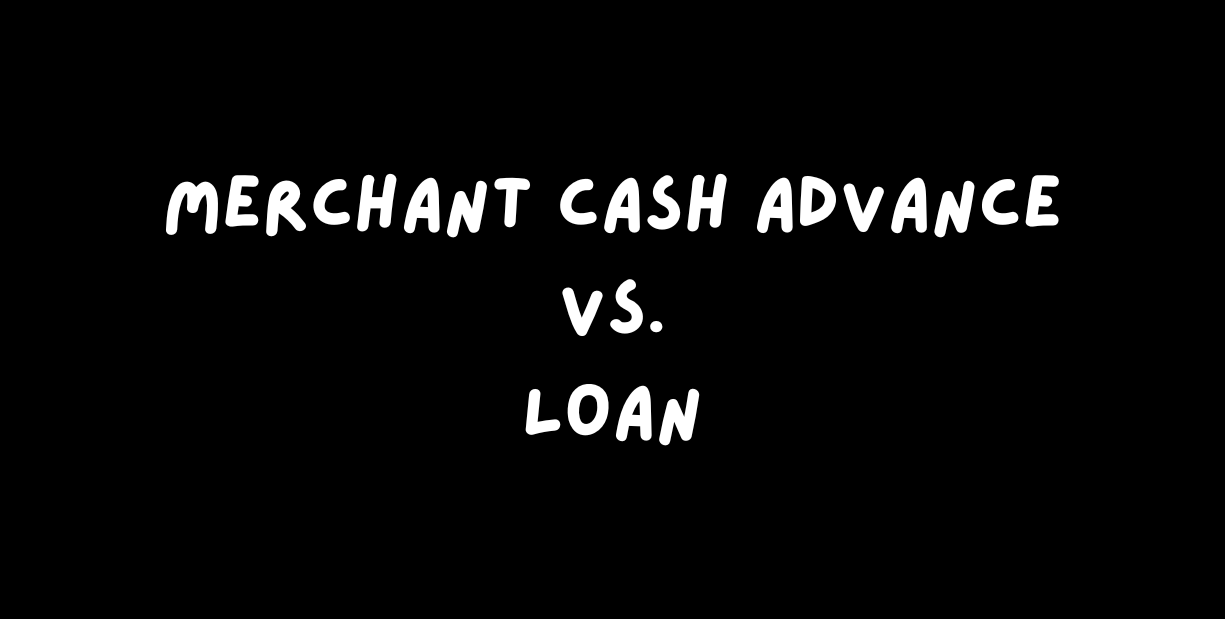Merchant Cash Advance Defense in New York
Merchant Cash Advance Defense in New York

What is a Merchant Cash Advance (MCA)?
Think of an MCA as a financial lifeline – but with strings attached. It’s not a loan; it’s an advance on your future sales. MCA providers purchase a percentage of your future revenue in exchange for upfront cash. Sounds simple, right? Well, the devil’s in the details. High fees and unclear terms can turn this “lifeline” into an anchor pulling your business under.
Why Do Businesses in New York Opt for MCAs?
Ne w York businesses face unique challenges: sky-high rent, stiff competition, and fluctuating markets. Traditional loans often feel out of reach due to strict credit requirements or long approval processes. MCAs step in as the quick-fix solution. But like fast food for a starving entrepreneur, they can satisfy in the short term while causing harm later.Common Legal Issues with MCAs
MCAs often come with eye-watering interest rates, aggressive collections, and confusing contracts. Let’s not forget the infamous “confession of judgment” clauses. These allow the MCA provider to bypass the court system and freeze your accounts at the first sign of trouble. It’s not just a financial risk – it’s a ticking time bomb for your business.
Usury Laws and Their Applicability to MCAs
Did you know New York usury laws cap interest rates at 25%? Here’s the kicker: MCAs often skirt these laws because they’re technically not loans. This legal gray area makes it even more critical to scrutinize every detail before signing.Confession of Judgment Clauses
A confession of judgment (C OJ) is a legal clause that allows the MCA provider to declare you in default without a court hearing. It’s like handing over the keys to your financial future. New York has restricted COJs for out-of-state judgments, but they’re still a risk for businesses operating locally.Understanding Your Rights as a Business Owner
As a business owner, you have more rights than y ou might realize. You can dispute unfair terms, challenge aggressive collections, and negotiate settlements. The key is knowing when and how to act.
Spotting Red Flags in MCA Agreements
Ever notice how some contracts feel like they were written in another language? That’s no accident. Look out for vague terms, hidden fees, and predatory clauses. If it feels too good to be true, it probably is.Misrepresentation and Fraud in MCA Agreements
Misrepresentation happens when the MCA provider makes false promises about rates or terms. If you’ve been misled, you have grounds to fight back. Fraud isn’t just unethical – it’s illegal.Defenses Against MCA Lawsuits
Facing an MCA lawsuit? Don’t panic. You have options: challenge the contract, dispute fraudulent claims, or highlight unfair practices. An experienced attorney can help craft a tailored defense strategy.
Contractual Breach Defense
If the MCA provider fails to honor their own terms – for example, by withdrawing more than agreed – you may have a breach of contract case.Fraud Defense
Proving fraud requires evidence of intentional deception. It’s challenging, but not impossible, with the right legal team.Overreach and Unfair Practices
Ma ny MCA providers push the boundaries of ethical business practices. If they’ve overstepped, you can push back – legally.Hiring the Right MCA Defense Attorney
Choosing an attorney isn’t just about credentials; it’s about trust and expertise. Look for someone well-versed in New York law and experienced in MCA cases. Don’t be afraid to ask tough questions during consultations.
Specialized Knowledge of New York Law
New York’s legal landscape is complex. An attorney who understands state-specific nuances can make all the difference in your case.How to Prevent Future MCA Issues
Prevention is better than cure. Take proactive steps to avoid MCA pitfalls. Better financial planning, due diligence, and exploring alternative funding can save you headaches down the road.
Alternative Funding Options
From SBA loans to business lines of credit, there are safer ways to secure financing. Researching these options can save you from falling into the MCA trap.Educating Your Team
Financial literacy isn’t just for the finance department. Educating your entire team helps everyone recognize and avoid risky agreements.Conclusion
MCAs can be a double-edged sword. While they offer quick cash, they also carry significant risks. Understanding your rights and defenses, hiring the right attorney, and taking preventive measures are your best bets for navigating this tricky financial terrain.











